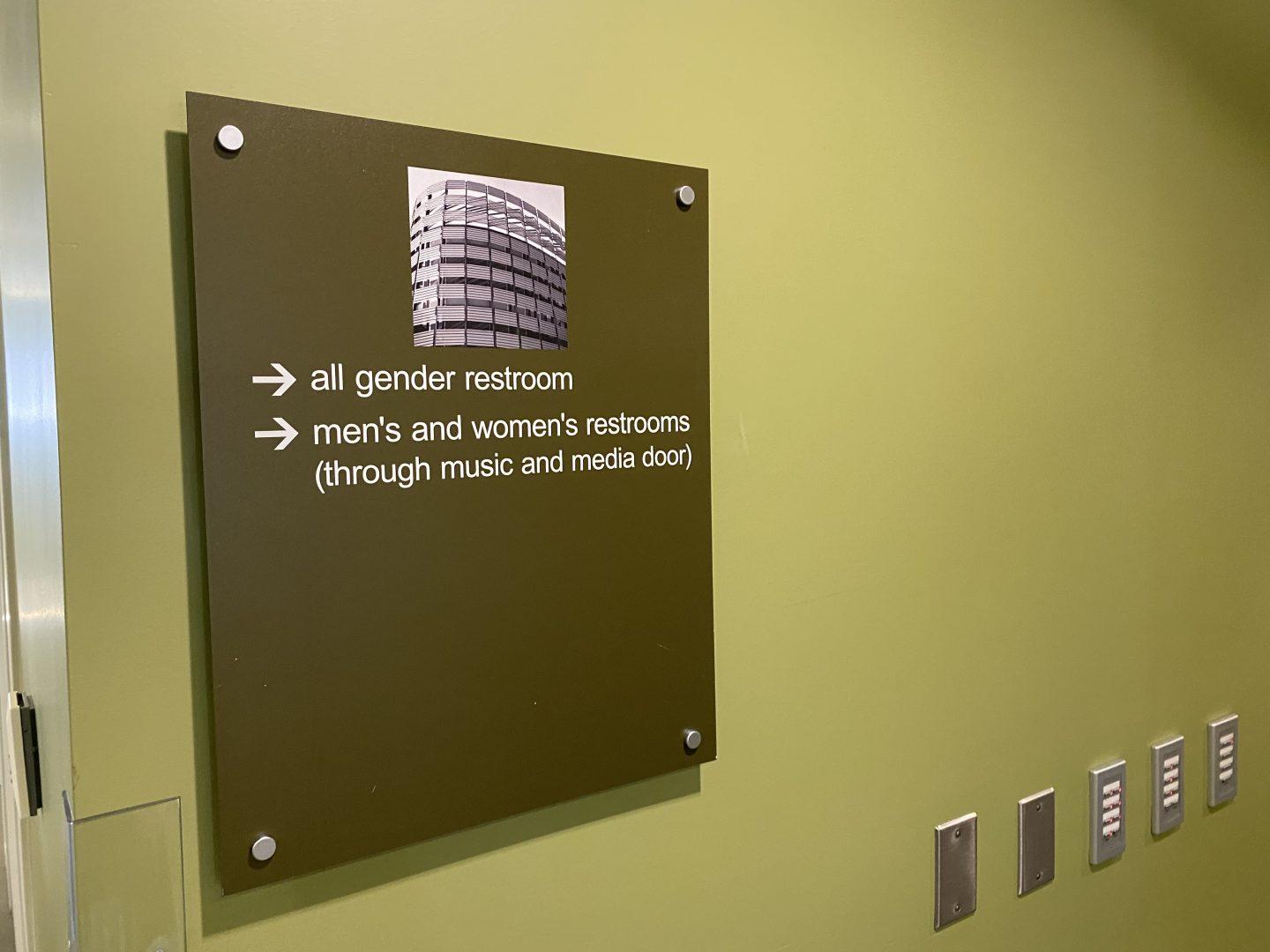During the Feb. 23 Associated Student Inc. (ASI) meeting, Megan Torres, ASI’s senator of operations and resident affairs, spoke on the need for menstrual equity on campus.
Torres, a senior majoring in biology and double minoring in chemistry and psychology, presented a 15-page report of data, detailing her current efforts to personally stock 55 different restrooms with menstrual products.
Torres said the rules set by Assembly Bill 367 (AB367) do not provide much guidance for universities.
AB367 at Fresno State was the requirement to keep menstrual products in at least one central location on campus and not at every all-gender or women’s restroom, according to Torres.
“If someone’s on the other side of campus [and] they have class in 10 minutes and they’re bleeding, that’s no help to them, unfortunately,” Torres said.
“[AB367] is a good step in the right direction, [but] it’s not enough,” Torres said
AB367 was signed by Gov. Gavin Newsom in October 2021. It enacted the Menstrual Equity for All Act that required all California State universities and community college districts to “stock an adequate supply of menstrual products, available and accessible, free of cost, at no fewer than one designated and accessible central location on each campus and to post a designated notice.”
In her formal report, Torres quoted President Saúl Jiménez-Sandoval when he said “the minimum is not enough” during ASI’s Feb. 9 meeting, speaking about Chancellor Joseph Castro’s handling of sexual harassment complaints.
“He did talk about how the bare minimum wasn’t enough, and that other issues wouldn’t be put on the back burner, and I’m just here to hold people accountable,” she said.
Torres proposed a memorandum of understanding (MOU) between the university and facilities to create a committee that would ensure that Fresno State and ASI dedicate a portion of its budget to menstrual equity on campus.
According to Torres, when visiting restrooms to restock, she noticed a lack of posted notices and menstrual products in certain areas.
“Fresno State is a university which preaches diversity, equity and inclusion. As of now, they are not meeting the minimum requirements,” Torres said.
She also said custodians restocking the restroom could have mistaken the products that she had been putting out for students as ones put out by the school.
“My work is not the university’s work,” Torres said.
In Torres’ report, she detailed her efforts of making menstrual products available including a QR code on each basket that, when scanned, will notify her when restocking is needed.
During the restocking process, Torres listed in her report that she restocks on a daily basis.
According to the proposed plan from Torres, the campus population and her estimate of roughly 15,000 people who need menstrual resources on campus, the average use of approximately 10 products per menstruation, she estimates that it would equal 300 units per year and 150 units per six months.
Torres said the six-month period would give the university enough time to get a better understanding of how much is actually needed.
In Torres’ price breakdown, she explains how each unit would consist of 500 menstrual products and each unit would cost $125, making it 25 cents per product.
Torres is set to graduate in the fall and said that she hopes to have a meeting with campus administration.
Torres said she has yet to receive a response to her emails from January 2022 to ensure there is something more permanent from the university.
“Hopefully this changes. Hopefully someone is willing to meet with me, and I’m in the works of trying to talk to [Jiménez-Sandoval] and present him my ideas,” Torres said.
According to AB367, Fresno State is required to post information about all-gender bathroom locations in at least one male restroom, which the university has fulfilled with multiple men’s restrooms.
Fresno State does not stock menstrual products in all-gendered and unisex restrooms. The only products found are the ones stocked by Torres, which are not provided by Fresno State.
On Fresno State’s website, the listed locations for students to get menstrual products are listed as the Student Health Center, the Cross-Cultural and Gender Center (CCGC), the Student Cupboard and the University Student Union (USU).
According to the offices of the CCGC, USU and Student Cupboard, they all receive their menstrual products from different entities and oftentimes rely on donations, none of which are Fresno State.
When asked, the CCGC, USU and Student Cupboard did not know where Fresno State’s own locations for free menstrual products were located.
While the Student Health and Counseling Center does provide menstrual products out of their pharmacy, they are not free of charge.
The Collegian reached out to Fresno State for a comment, but no information was available at the time. A university spokesperson said there will be a response as soon as they have information.





